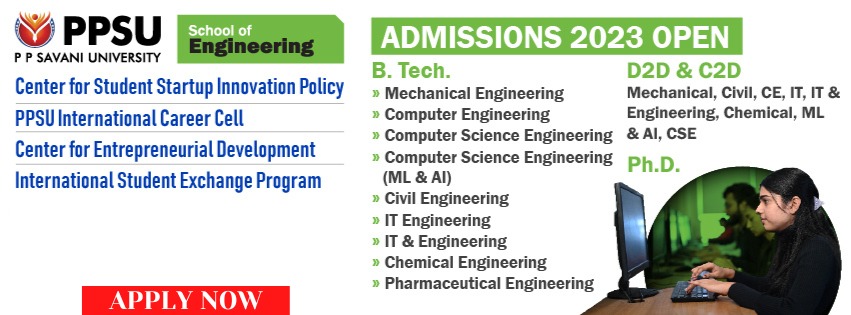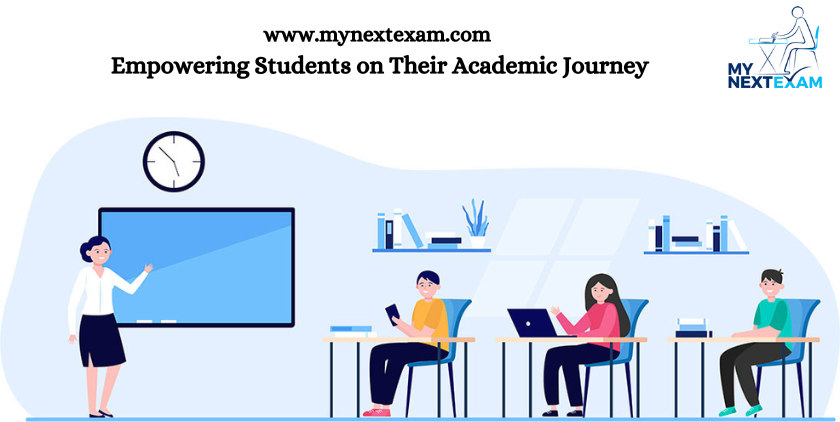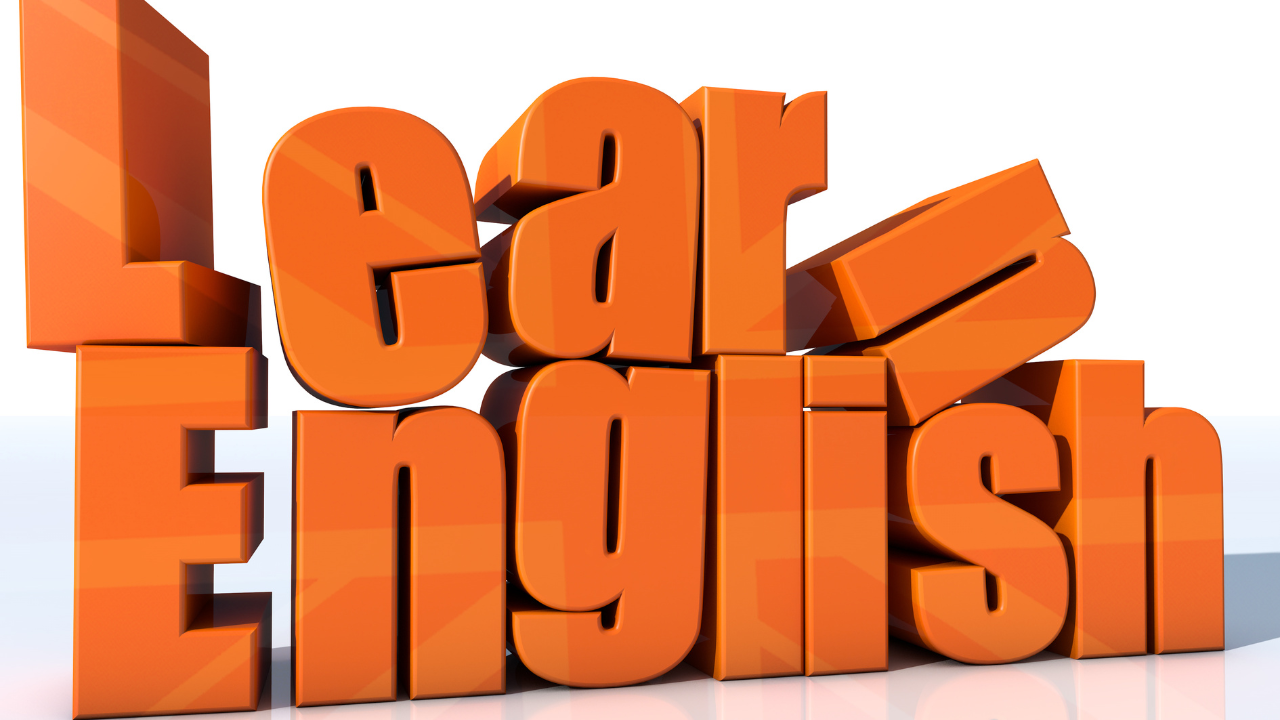Introduction
Education is to mind what Oxygen is to the body. We live in a society where people are neither bothered about Education nor Oxygen, yet seek for them in crisis. We hear numerous agendas almost every day that propose policies which lead to development. Very few of us understand the true essence of development. It does not lie in the well-built roads or a continuous supply of electricity to towns etc. It resides in our minds, and we are responsible for it.
Why Education?
A learned man first feeds his family, his village, the country and then the world. The power of Education is such that it can change the people for the good or bad. Education has always helped people build a different perspective on whatever they come across. The rise of different beliefs, opinions, views etc. are all results of the different type of Education received by people. It makes us aware of how the world is changing and adopting different trends. It instils creativity and the desire to learn more within the learners. Anybody who has accessibility to Education is blessed in many ways. Education paves the path of one's life and prepares them to face the challenges of the world. It helps people to solve the problems of others and make them achieve a better standard of living.
Why should Education be free?
Just like any other fundamental right, Education should also be made free and accessible to all. It is one such right that genuinely has the power to change people's lives. It can bring about transformations as well as revolutions. Some so many people get exploited every day due to their lack of information, Education and facts of the case. When Education becomes free for everyone, it will aim to remove poverty by making the people skilled enough to fulfil their needs; it will make our society safer as the feelings of respect and gender equality and responsibilities will be instilled among the people; with the increase in productivity of the nations, the risk of wars and terrorism would reduce as everyone would understand the value of life. Education will also prove beneficial in uplifting the poor, the needy, the lower-caste, women, underprivileged etc. The world would involve them and treat them with the utmost respect. It creates equality in society in the real sense and establishes fair practices everywhere.
Who will pay for someone else's free Education?
Free Education comes with pros and cons like every other policy. In a developing country like India, a considerable section of society falls below the poverty line. The condition of our economy is not enough to pay the middle-class people well. With so many taxes and high prices of the goods, it becomes challenging for the middle-class people to contribute towards the free Education of others. The remaining upper-class people form a tiny section of the society where not much can be expected from them. In such a case, it becomes the responsibility of the government to allocate the funds in such a manner that Education becomes accessible to every individual in the country. The job doesn't end here: they would then have to keep a proper check on the correct utilization of the resources at the ground level.
All in all, people need to establish the importance of Education, among others. Every group/section of the country should come together to understand the value of it and devise methods in which they can ask the government for free Education. One person can teach many others and improve society in this way itself.
Also Read:

















Leave a comment
Comments:
Rajiv Bhargava
Tiyasa Palit